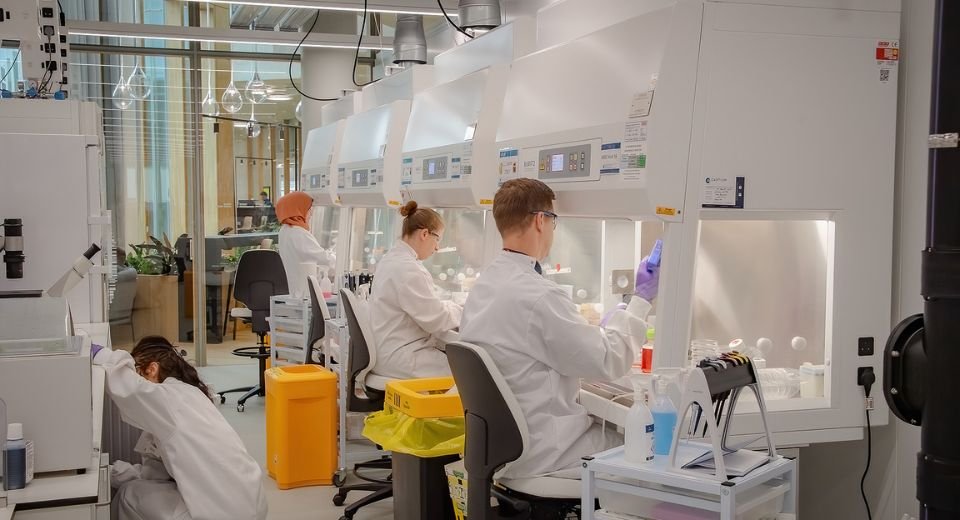HQ Team
April 10, 2024: A new study has found that cancer drugs that got accelerated approval under the US Federal Drug Approval program did not show much benefit down the line.
“Despite its origins in HIV treatment, accelerated approval is now most common in oncology, with approximately one-third of all oncology drug approvals using the pathway and more than 80% of all accelerated approvals being granted for cancer therapies,” noted researchers affiliated with the Program on Regulation, Therapeutics and Law (PORTAL) at Brigham and Women’s Hospital and Harvard Medical School in JAMA.
The research findings were published in JAMA and were discussed at the recent Cancer meet held in San Diego.
The program was created in 1992 to speed access to HIV drugs. Today, 85% of accelerated approvals go to cancer drugs. The program was floated to grant early approval to drugs that showed promising initial results for treating fatal diseases. The drug companies are expected to undertake rigorous testing trials to gain full approval.
Surrogate benefits
PORTAL researchers examined the accelerated approvals and conversions to full approvals in oncology by the FDA between 2013 and 2023 and found that most cancer drugs that got accelerated approval did not demonstrate a benefit in overall survival or quality of life within five years. Between 2013 and 2017, 46 cancer drugs were granted accelerated approval.
Out of these, 29 were converted to regulatory approval, ten were withdrawn, and seven were ongoing after 6.3 years. Of the 29 that converted, researchers reported the following:
- Seven (24%) demonstrated an improvement in overall survival and quality of life.
- Seven (24%) improved overall survival but not qualify of life.
- Six (21%) improved quality of life.
- Nine (31%) were converted to regular approval without showing a benefit for overall survival or quality of life.
Researchers also analyzed evidence supporting conversion decisions for regular approval before August 2023 and found a trend in favor of using surrogate measures instead of overall survival for endpoints in confirmatory trials. “Because many surrogate measures in oncology correlate poorly with survival, even after confirmatory trials, substantial uncertainty can remain as to the clinical benefit of accelerated approval drugs,” the authors wrote. “Many confirmatory trials have been delayed, with some products being used for more than a decade without confirming clinical benefit.”
FDA Action
Recent federal action has forced some changes in the accelerated approval program. The changes allow the agency “to withdraw approval for a drug approved under accelerated approval, when appropriate, more quickly,” FDA spokesperson Cherie Duvall-Jones wrote in an email. The FDA can now require that a confirmatory trial be underway when it grants preliminary approval, which speeds up the process of verifying whether a drug works, she said.
